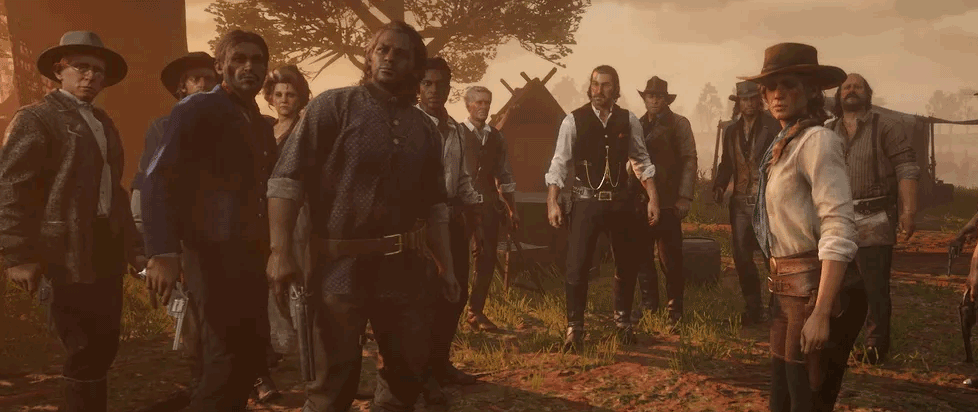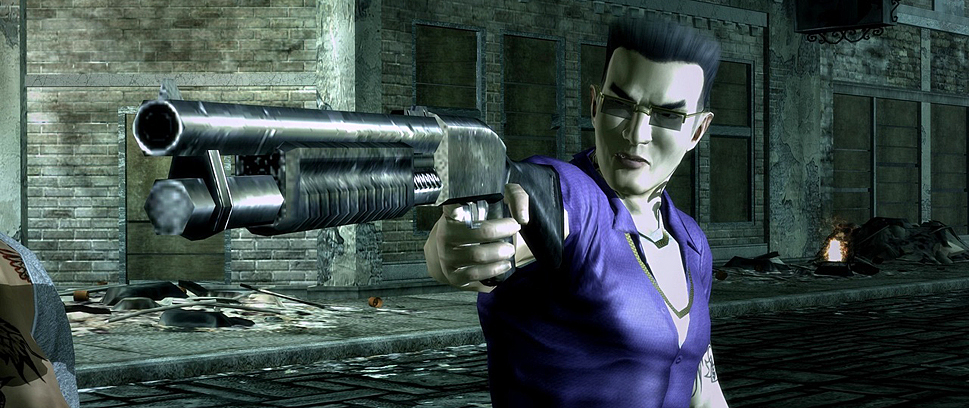
We Need To Change the Relationship Between Developers and the Press
Last month, Vulture published an article by journalist Harold Goldberg (who has worked for Sony before) on the making of Red Dead Redemption 2 and the history of developer Rockstar Games at large. While the piece includes many talking points meant to increase the excitement for the game’s upcoming release, the point most hotly discussed on Twitter and a few major websites was Rockstar co-founder Dan Houser’s claim that the team had at times worked 100 hours a week.
Goldberg refused to comment on social media posts and articles asking why he didn’t think to scrutinize the claim. It’s however more than just a journalistic oversight that led to what various Rockstar employees now claim was a misunderstanding. Instead it’s another example of how easy it is to accept a 100-hour work week in the games industry.
As much as Rockstar scrambled to set things straight, including lifting their employees’ social media ban in order to let them tweet about their positive experiences, this misunderstanding is of the company’s own making. The whole controversy is indicative of the power a developer such as Rockstar usually holds in shaping the conversation to their advantage.
As Goldberg proudly states in his article, “[Y]ou can’t simply stroll into the Manhattan offices of Rockstar Games.” A journalist who gains access where others can’t will not always use that access to take the time to describe the state of the office toilets, but the awareness and pride that comes with their access makes them the weaker one in a relationship between press and developer that should, ideally, be equal. Many journalists are not impervious to this. Of course journalists can be fans, too. A first look at a game can also in many cases sound more positive than the review of the finished product. However, a journalist who gets invited to a company such as Rockstar, known to be a “secret enclave”, as Goldberg puts it, has to know that they weren’t selected because everyone else was off on vacation.
If the wider public knows too little about a game developer to accurately judge the claim of 100-hour work weeks, it is because too often, developers determine who gets to speak to them, for them and what shape the conversation takes. Too often developers don’t provide the necessary context or provide careless remarks that should have consequences for the perception of the finished product. This is then met with a journalist who accepts what they are being told.
This can lead to situations that increasingly make it seem like the people representing their companies don’t have the necessary overview of what happens at the level of the employees whose work they are talking about, and no one to check these claims until an anonymous claim to the contrary turns up. This is not necessarily a journalist’s fault, but a symptom of an industry seemingly lacking in professionalism when it comes to addressing the public.
This is likely due to the persistent image, perpetuated by developers themselves, that everyone working at a game company is just a normal person with a passion for games. At worst however, creating misunderstandings as a consequence of not investing in media training at a large company comes off as uncaring.
Too often games media reward this attitude due to the large divide in opinion. We can’t and shouldn’t have the same opinions of the product, but as an industry we should be of one mind what working conditions are acceptable and when clarification from a company is necessary.
Games press often acts as a PR tool that generates positive attention and positive attention only. While the consequence for an outlet of running negative reviews or coverage can be losing access to a developer at all, the developer gets off scot-free in this equation. The implication in this case is very much that Rockstar knows Red Dead Redemption 2 will sell, with or without coverage, and no matter what form the coverage takes. That’s because not only large parts of their intended audience don’t care about or have the necessary context to assess the conditions under which the game was made, but because the games press continues to provide information on it either way – on a Rockstar game, any kind of coverage, as carefully vetted as it is by the company itself, is after all better than no coverage.
Game companies should be better prepared and accepting of criticism. After all, it is due to their own policy that we only see what we are allowed to see. PR and developers should do things to fix poor working conditions and crunch culture, but they won’t, and there’s nothing we can do to make them. At this point, with how many employees at game studios have shared their own stories of worrying working conditions, even Rockstar allowing their own employees to speak in its favour should be taken with a grain of salt.





